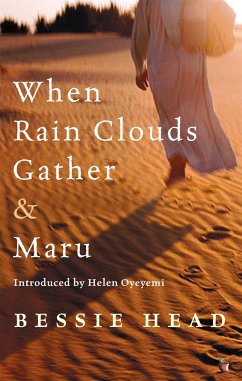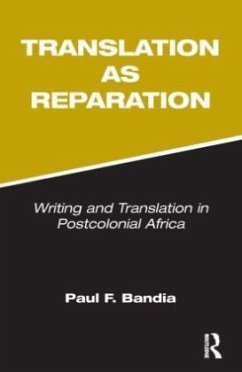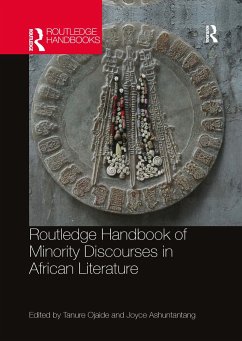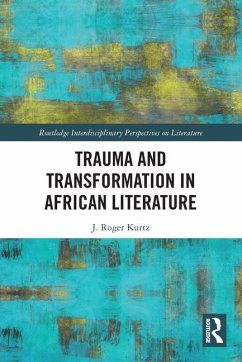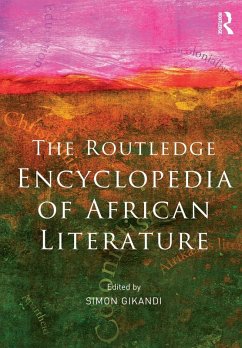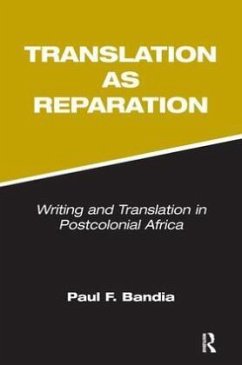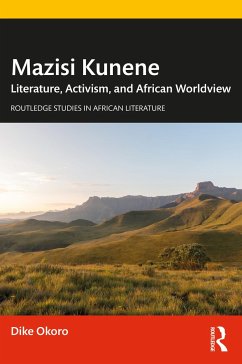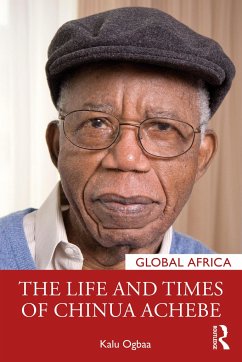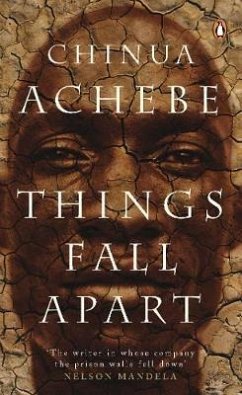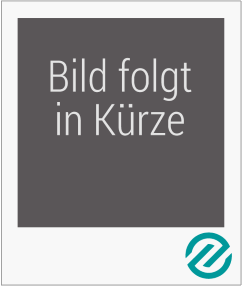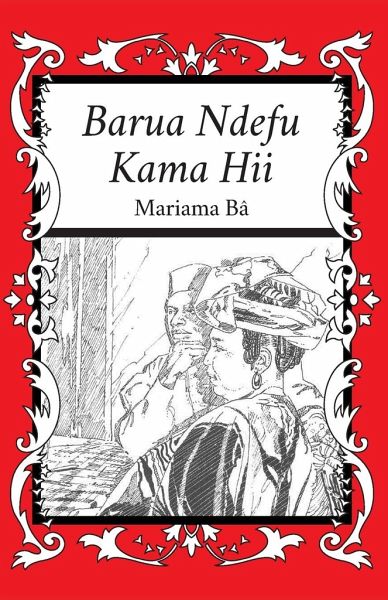
Barua Ndefu Kama Hii
Versandkostenfrei!
Versandfertig in 1-2 Wochen
20,99 €
inkl. MwSt.

PAYBACK Punkte
10 °P sammeln!
Ramatoulaye, mwanamke Msenegali ameolewa na Mody, mtu mzito serikalini. Baada ya miaka mingi ya ndoa Modu anaoa mke mwingine, msichana mdogo mwenye umri sawa na wa binti yake. Ramatolaye anasahauliwa; pesa na mapenzi vinahamia kwa mke mdogo. Modu anakufa katika ajali ya gari. Nani atakayerithi mali za marehemu? Halafu kuna umati uliokuja kwenye kilio ambao "lazima ulishwe na upewe pesa kwa heshima ya marehemu". Mariana Ba, mwandishi wa riwaya hii, alikuwa wa kwanza kupewa tuzo ya Noma mwaka 1980. Riwaya hii imetafsiriwa katika lugha kumi na nane na umaarufu wake unazidi kukua. Originally publi...
Ramatoulaye, mwanamke Msenegali ameolewa na Mody, mtu mzito serikalini. Baada ya miaka mingi ya ndoa Modu anaoa mke mwingine, msichana mdogo mwenye umri sawa na wa binti yake. Ramatolaye anasahauliwa; pesa na mapenzi vinahamia kwa mke mdogo. Modu anakufa katika ajali ya gari. Nani atakayerithi mali za marehemu? Halafu kuna umati uliokuja kwenye kilio ambao "lazima ulishwe na upewe pesa kwa heshima ya marehemu". Mariana Ba, mwandishi wa riwaya hii, alikuwa wa kwanza kupewa tuzo ya Noma mwaka 1980. Riwaya hii imetafsiriwa katika lugha kumi na nane na umaarufu wake unazidi kukua. Originally published in French as Une si longue lettre this book, written by the great Senegalese writer Mariama Ba, is the Swahili translation from the English, by the late Professor Maganga. Une si longue letter is a classic of the African canon it won the first Noma Award for Publishing in Africa in 1980, and has been translated into 17 other languages.





